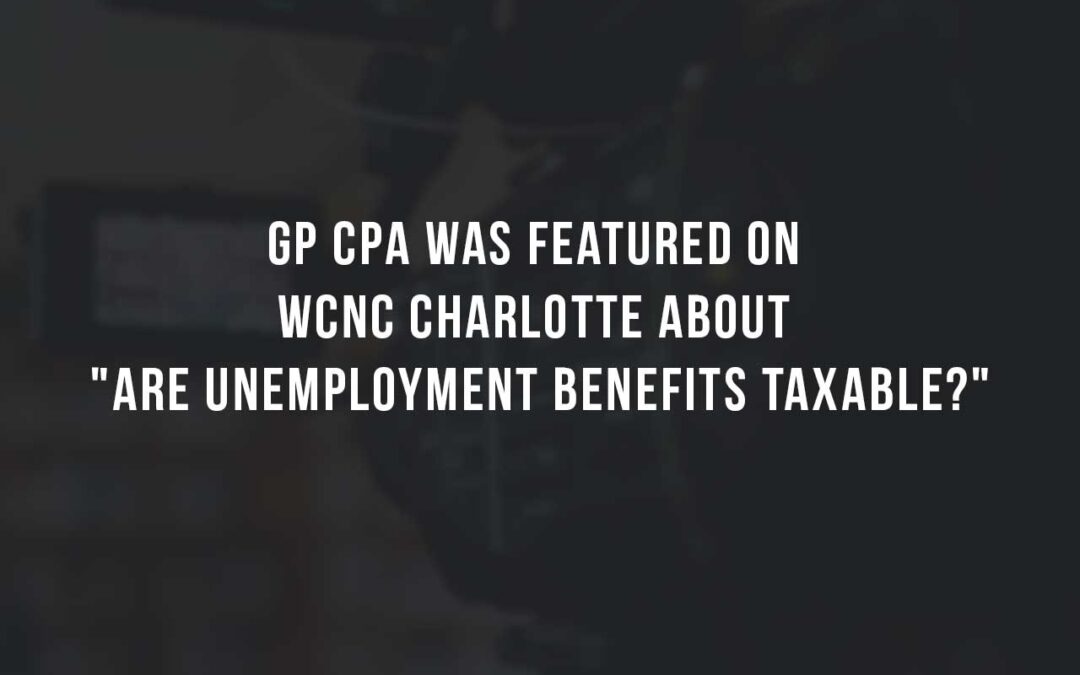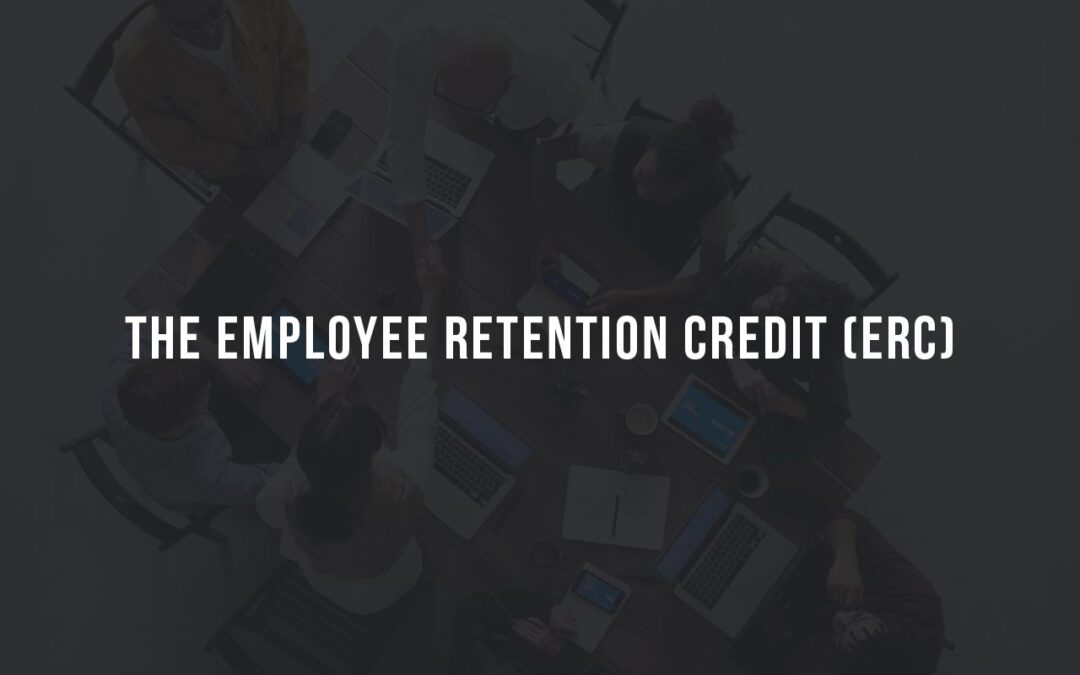CALL US
(980) 237-1714
Email us
justin@pruscpa.com
Friday 09:00 - 15:00
Mon - Thu 09:00-17:00
Let’s talk about Basis!
Estimated Reading Time: 3 minutes 25 seconds
“Basis” is a loaded word for accountants. It is very much described in the same regards as “time”, in that there never seems to be enough time when it is needed most.
For many S-corp shareholders, basis is starting to come into play at tax time and many are unprepared for that complication when they are trying to get their taxes wrapped up.
Basis and Personal Tax Return Filings
The IRS is now requiring basis to be included with personal tax return filings, which is adding to the ever-growing list of new data they require each year. The day is coming when the IRS will simply be able to send a letter (THEY NEVER CALL FIRST!!!) to Tom Taxpayer asking them (Tom) to provide the details of their basis calculations for their 20XX tax returns. Hopefully, Tom didn’t use Turbotax or a large tax prep chain to “help” him determine his basis; if he did, then he will likely have a hard time extracting that information in a meaningful way.
Basis – the definition
To understand the basis, the business owner needs to take a deep dive into the US Tax code to figure out what the heck the word “basis” even means. In most cases, the basis is not the cash in the bank, the value of the business, or some other tangible number on the financials.
Particularly with pass-through entities, like S-corps, there are also complex rules about the different elements that comprise basis, and many of them are not intuitive or reasonable. An accurate basis calculation is very important, however; and having an incorrect basis calculation can be a costly mistake.
How does Basis work?
If a business had a $75,000 profit and the business owner took out $70,000 during the year in distributions, then that would leave a $5,000 basis to carry into the next year.
However, if the business owner took a loan during the year and spent more than was earned, what happens? What about when a large purchase is financed and creates a tax loss? What are the specific rules about real estate basis calculations? Turbo Tax, H&R Block, or any of the other tax prep chains will have a tough time answering those questions; “it’s complicated” is probably the most accurate answer and the best they can do.
GP CPA is experienced when it comes to basis calculations.
The CPA’s and accountants at GP CPA have years of experience with basis calculations and can explain how it works for your business in a straightforward way that will help you prepare for the future.
Simply tracking basis is not enough for today’s tax code challenges and the first quarter of the year is not the time to get interested in learning about last year’s basis. Get the right information all year long with GP CPA, contact us now to get a handle on basis.
Related Articles

GP CPA was featured on WCNC Charlotte about “Are Unemployment Benefits Taxable?”
We are glad to inform you that Justin Prusiensky, Chief Executive Officer of the GP CPA P.C. was featured on WCNC Charlotte coverage about “Are Unemployment Benefits Taxable”.

I received funds from the Restaurant Revitalization Fund (RRF) program, now what do I do with the money?
First off, the funds are expected to be spent before the end of 2021, as an annual report to the SBA will be required at some point in the future. We are still waiting for guidance from the SBA regarding what this annual report will look like. It may make sense to draft a spending plan or budget to make sure all of the funds are spent on time and in accordance with the program rules. GP CPA can help you with this planning, so you can prevent a surprise surplus of funds. Spend wisely and timely!

The Employee Retention Credit (ERC)
The Employee Retention Credit (“ERC”) has had some upgrades and retrofits to some of the basic calculations with the most recent (12.27.20) CARES Act changes.
How to Persuade Clients to Change Banks. Listen to Justin Prusiensky’s Guest Appearance on the Relay Financial Webinar
Our expert accountant Justin Prusiensky was recently interviewed as a guest speaker by Relay Financial to discuss how to persuade clients to change banks.
What Tax Breaks Changed From 2018?
Congress extended some of the tax breaks retroactively to January 1, 2018. They now expire on December 31, 2020. Learn more about tax breaks that have been extended.
Tax Planning with GP CPA
GP CPA offers a wide range of business advisory services that are tailored to the needs of business owners. For those small businesses who need someone to keep the books, we can do that.
Comments


0 Comments